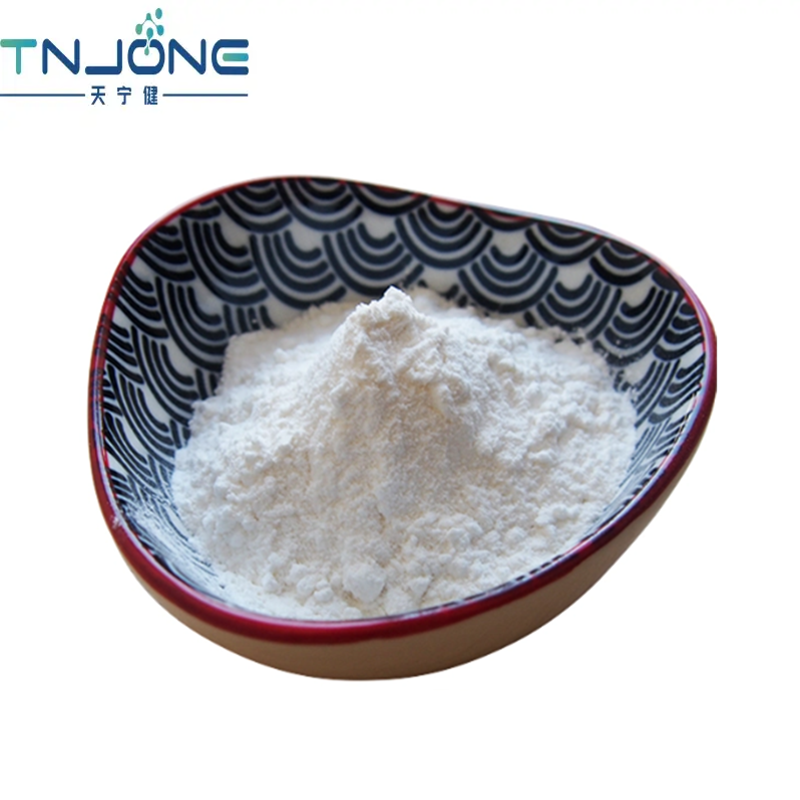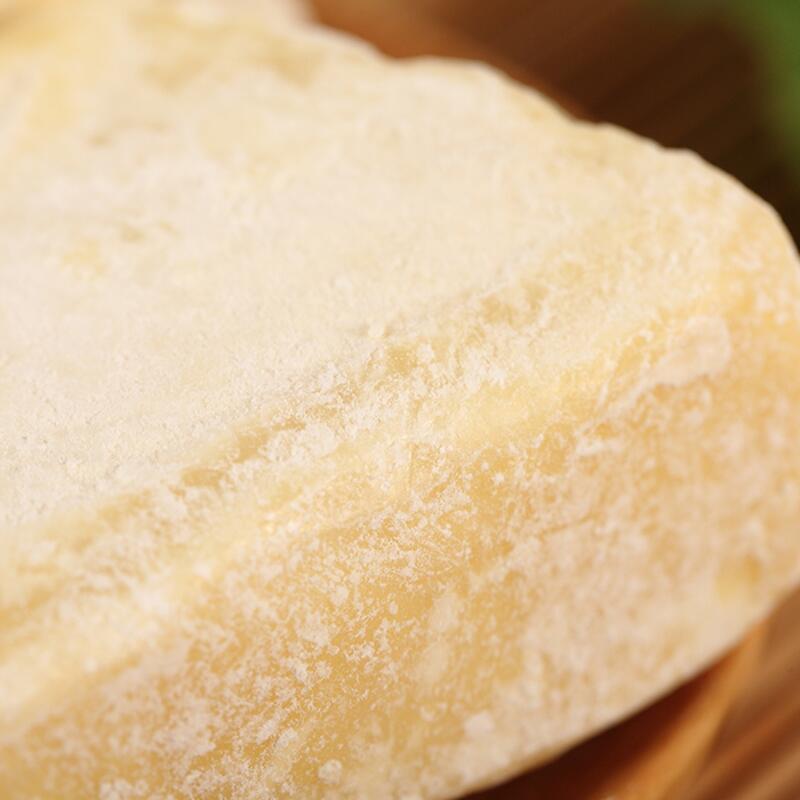Experts reveal the principle of plasticity of gut bacteria
-
Last Update: 2021-03-15
-
Source: Internet
-
Author: User
Search more information of high quality chemicals, good prices and reliable suppliers, visit
www.echemi.com
are common for people to develop symptoms of "water and soil resistance" during travel, and previous studies have shown a link between "water and soil inacisiveness" and changes in the gut bacteria brought about by dietary changes. Researchers at Hua zhong University of Science and Technology have recently made new progress in the study of the plasticity of intestinal bacteria, revealing the law of change in the production, development and recovery of "water and soil" symptoms.
"a person to the off-the-ground at first diet is not used to, but after a period of time can also adapt, this is the plasticity of the gut bacteria." After a period of time in the field to return to the original, but also to adapt back, this is the elasticity of the intestinal bacteria. Professor Ning Kang of the School of Life Sciences and Technology at Huahua University of Science and Technology told reporters that the study found that the intestinal bacteria are highly malleable during the process of change and have considerable elasticity during long stays.
team recruited a team of ten volunteers who set off from Beijing and stayed in Trinidad and Tobago for six months before returning to Beijing. Using a high-density longitudinal sampling strategy, volunteers were collected with stool samples to record their detailed dietary information. High-volume sequencing and correlation analysis of stool samples were carried out, and the dynamic changes of human gut bacteria over a longer period of time were found.
" cross-border volunteers' intestinal virlobes are usually completed within 1 month, and the dynamic changes in volunteers' intestinal virlobis have a specific trend of change. Ningkang said, "A long-term change in diet can change the gut bacteria, and the recovery of the diet can also restore the gut bacteria, revealing that the intestinal viruls have two-way plasticity and strong elasticity." By
integrating the dietary information of the volunteers, the researchers confirmed that the bidirectional plasticity of the gut microbiome was largely regulated by diet, and that the increase in food consumption consumed by the volunteers in the field was significantly related to changes in the structure of the gut microbiome.
experts say the discovery of two-way plasticity patterns in the gut microbiome could help guide researchers in the clinical diagnosis and treatment of diseases related to the gut microbiome. The findings were published online online in Gut, the world's leading journal in the field of gastroenterology and liver disease. (Source: Xinhua News Agency, Li Wei)
This article is an English version of an article which is originally in the Chinese language on echemi.com and is provided for information purposes only.
This website makes no representation or warranty of any kind, either expressed or implied, as to the accuracy, completeness ownership or reliability of
the article or any translations thereof. If you have any concerns or complaints relating to the article, please send an email, providing a detailed
description of the concern or complaint, to
service@echemi.com. A staff member will contact you within 5 working days. Once verified, infringing content
will be removed immediately.







